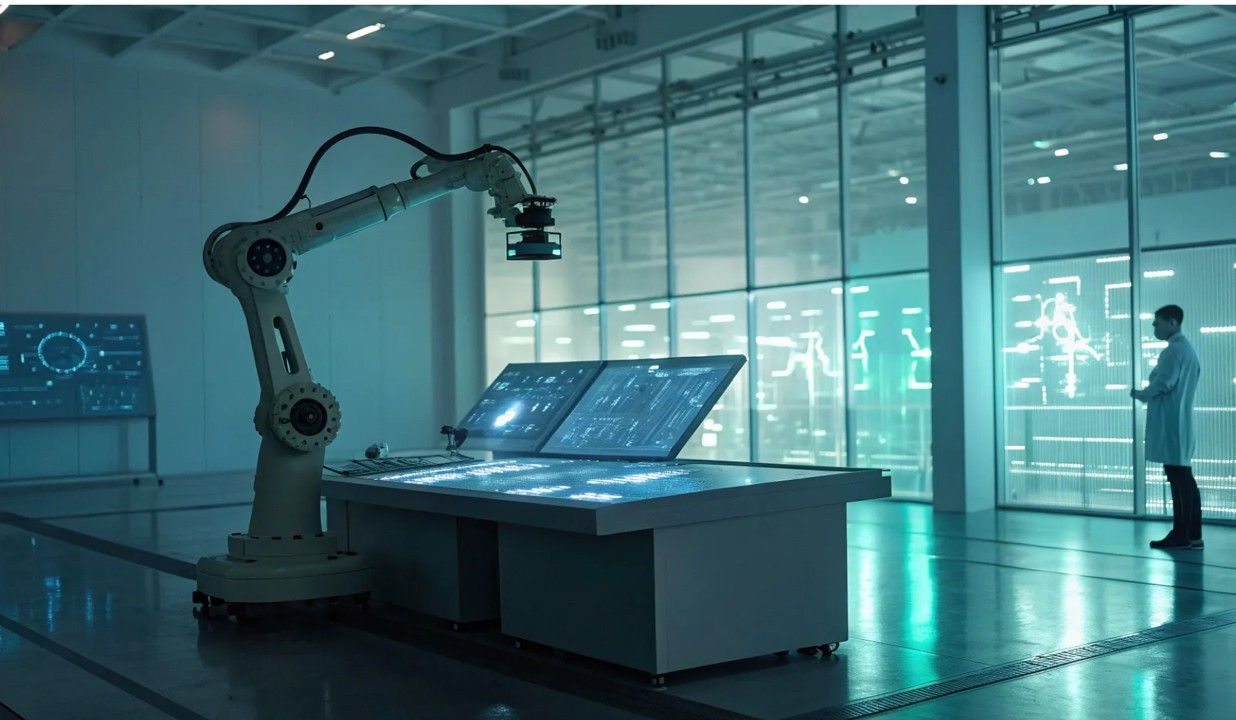Most of us love to enjoy the holidays; in the hurried world of instant connectivity we live in-it is important to not burn out and take time off to regroup and perform better upon your return. But as many folks know, sometimes it's difficult to get everything completed prior to leaving. There has to be a better way! We explain how workflow automation for certain processes can ensure you actually get to take that vacation time you earned.
Most non-user interactive automated workflow processes don't need any users to interact (hence their name), they are able to run continuously and perform various tasks for the organization without interruption. From a hardware perspective, most automated manufacturing plants still produce product on "holidays", because their system's are fully automated.
One of our team members was recently traveling in Germany and went to see a fully automated plant on a Sunday. There was no one in the plant except the automated Robots whom were performing automated tasks and manufacturing the product. In that example you can see it's possible to have your business processes working for you around the clock; the automotive industry
is famous for utilizing workflow automation this way.
FlowWright has several customers who have automated processes to process incoming medical prescriptions. These fully automated processes process 500k+ prescriptions
per day, without any user interactions. Next time you go to the doctor to refill your prescription you just might get it processed by FlowWright.
Want to automate your business processes? Let's Talk!







